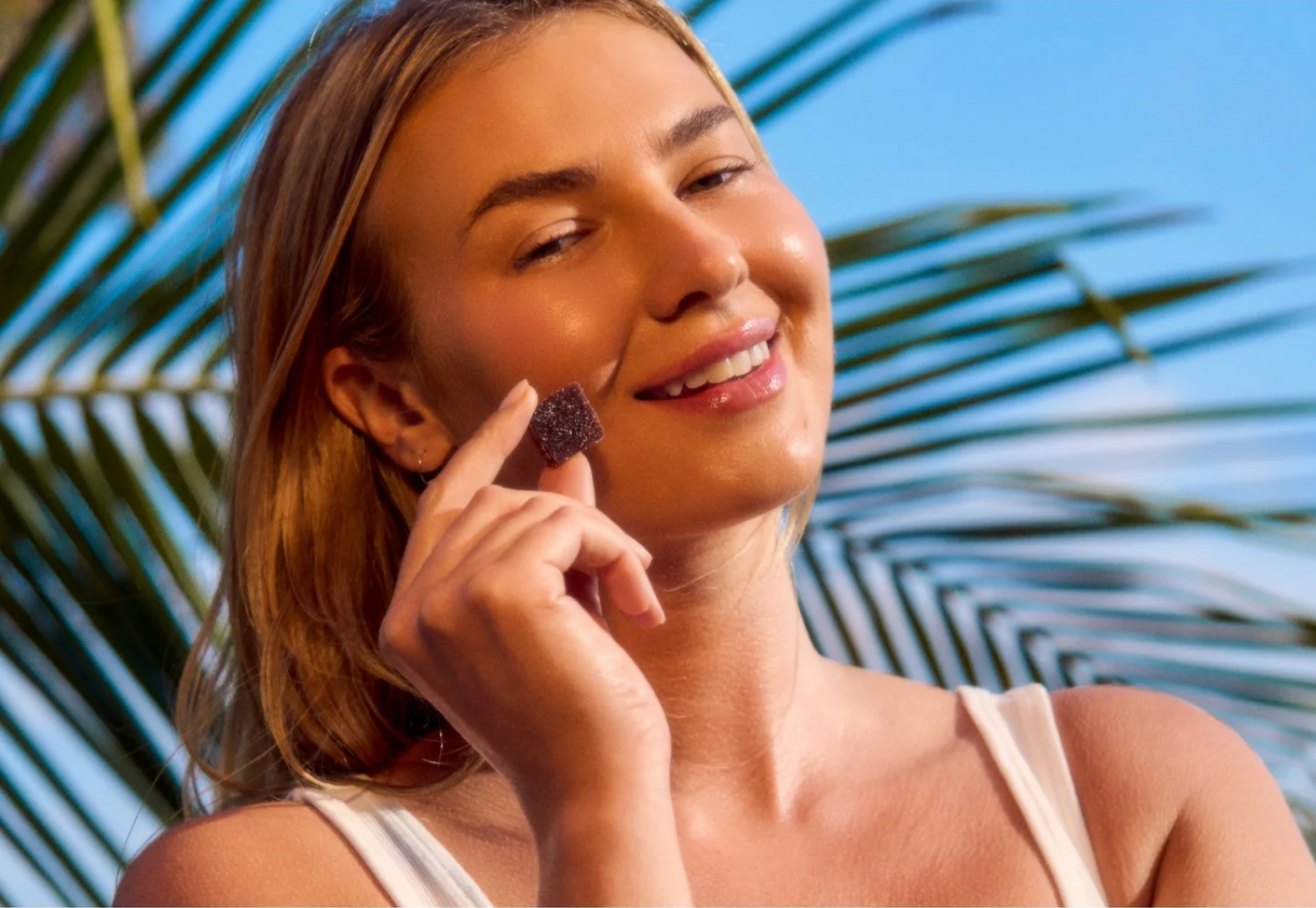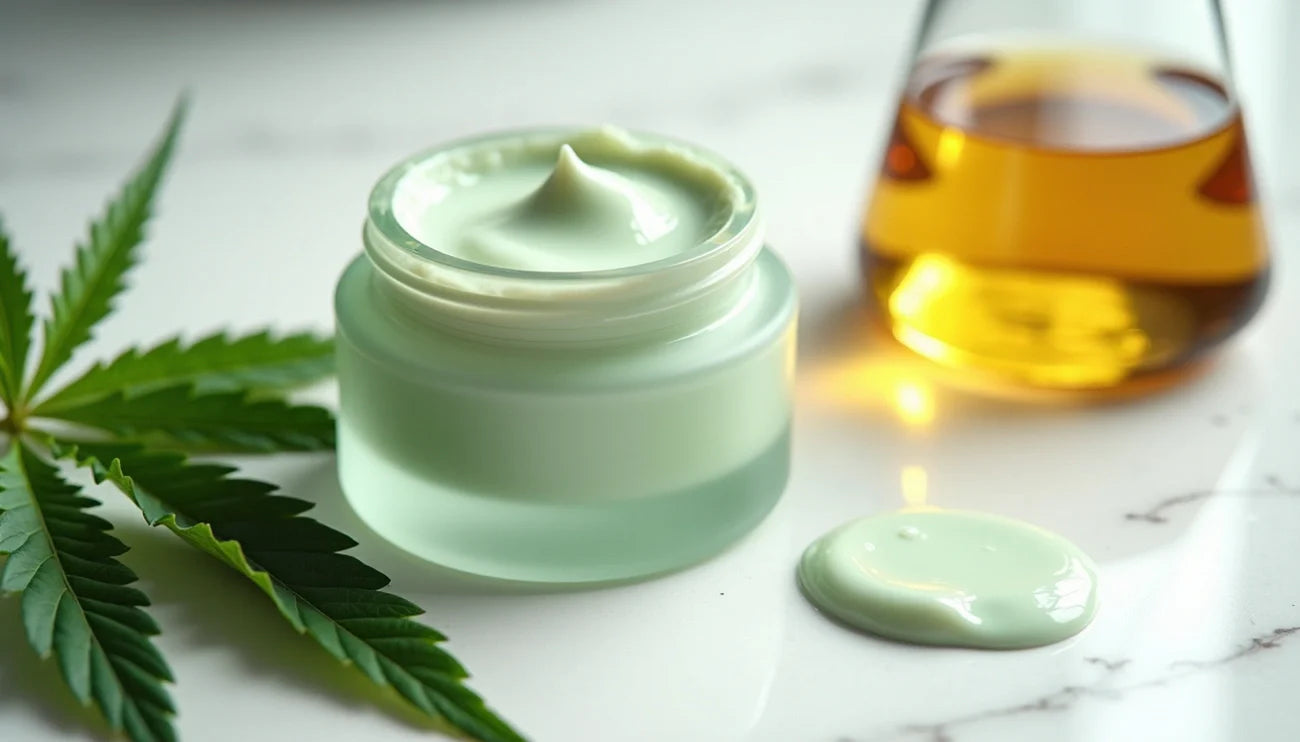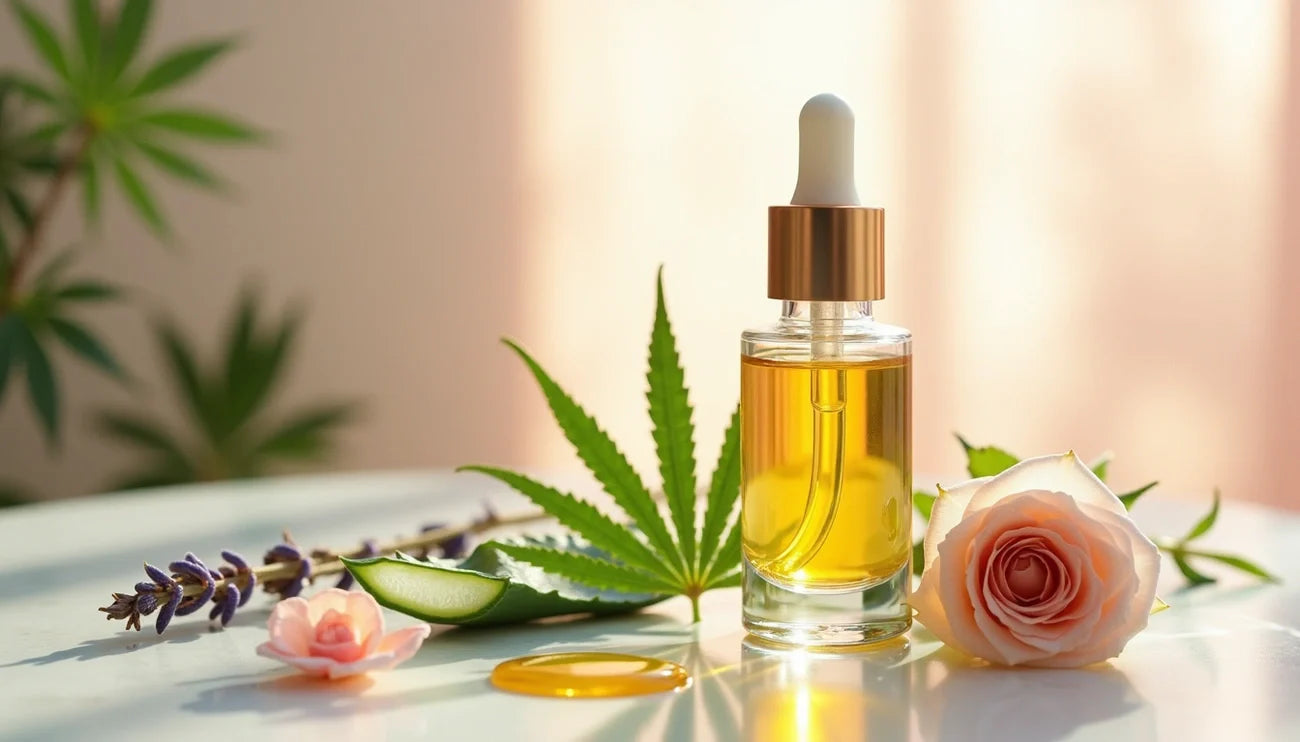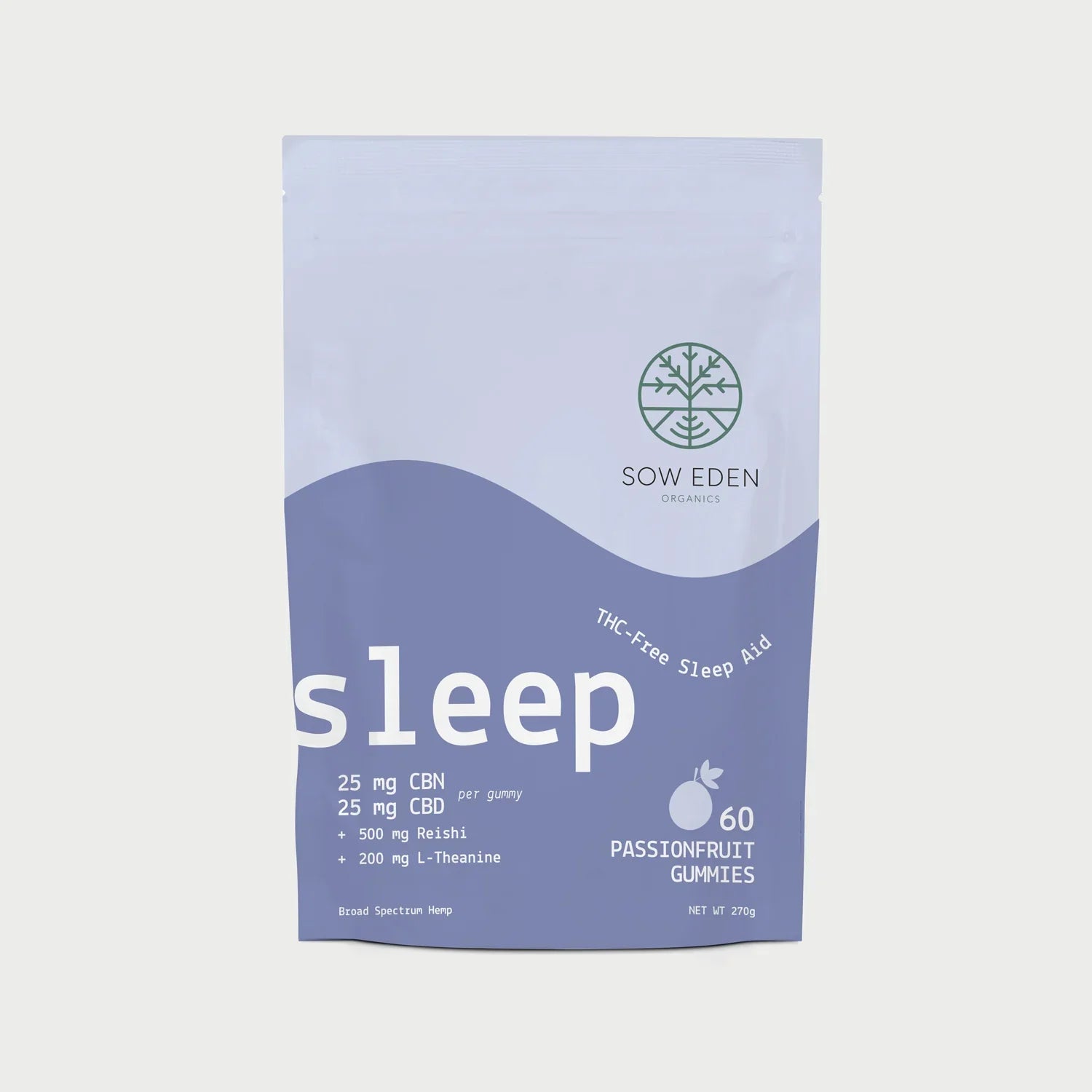Sleepless nights make you wonder if CBD might help you rest better. Many people talk about CBD's sleep benefits, but facts and myths often get mixed up.
What CBD Is and How It Works in the Body
Cannabidiol (CBD) naturally occurs in the cannabis plant, specifically Cannabis sativa L. CBD differs from tetrahydrocannabinol (THC) because it doesn't cause intoxication or the "high" typically linked to cannabis. Scientists have identified CBD as one of more than 100 phytocannabinoids in cannabis. The compound shows strong anti-inflammatory and antioxidant properties.
The human body has a complex regulatory system called the endocannabinoid system (ECS) that maintains balance in all biological systems. This system combines cannabinoid receptors (CB1 and CB2), endogenous cannabinoids (anandamide and 2-AG), and enzymes that create and break down these natural compounds.
CBD operates uniquely compared to THC. Instead of directly binding to cannabinoid receptors, CBD acts as a "reuptake inhibitor" that extends your natural endocannabinoids' lifecycle. This extension allows more time to activate receptors and deliver therapeutic benefits. CBD also functions as a negative allosteric modulator at the CB1 receptor, which helps reduce THC's psychoactive effects.
The compound interacts with several receptor sites beyond the endocannabinoid system, including TRPV1, GPR55, 5-HT1A (serotonin), and adenosine receptors. These diverse interactions help explain CBD's effects on sleep regulation - lower doses might promote wakefulness while higher doses could induce sedation.
Research shows CBD's antioxidant activity surpasses both vitamin C and vitamin E by 30-50%. This powerful antioxidant property might explain its beneficial effects on various conditions.
What We Know About CBD and Sleep
Research into CBD and sleep reveals promising outcomes. A clinical study found that CBD treatment helped 66.7% of patients sleep better in the first month. The second month showed 56.1% of patients continued to experience better sleep.
CBD's effects on sleep quality seem to vary with dosage. Studies indicate that CBD increases overall sleep time, and its impact on REM sleep latency changes based on the amount taken. Small doses might reduce REM latency, while larger doses tend to increase it.
Scientists believe CBD supports better sleep through several ways:
- We noticed it helps by reducing anxiety that often disturbs sleep
- It might directly influence the body's natural sleep-wake rhythm
- Its pain-relieving and anti-inflammatory properties could help people rest better
Notwithstanding that, research focusing on CBD's direct effects on sleep patterns shows mixed results and remains limited. Evidence suggests CBD could help improve anxiety-related REM sleep issues.
People who want to try CBD as a sleep aid might find our Zero THC Vegan Sleep Gummies helpful. Most users say taking 25 milligrams of CBD an hour or two before bed works well as a starting dose.
More research will help us understand CBD's sleep benefits better. The current studies suggest it could be worth trying for anyone looking for natural ways to improve their sleep.
Things to Consider Before Trying CBD for Sleep
You should know a few things before trying CBD as a sleep aid. Talk to your doctor about any medications you take since CBD can change how certain drugs work in your body. This becomes a vital concern if you take blood thinners, anti-epileptics, or immunosuppressants.
CBD products have gained popularity, however, lab tests revealed that 26% of CBD products had less CBD than their labels claimed, while 43% contained much more than stated. Some products might even contain unwanted substances or unexpected THC.
CBD's safety profile shows possible side effects like dry mouth, drowsiness, lightheadedness, and digestive issues. People taking higher doses might see changes in liver enzyme levels, especially those who also use valproate.
The right dose makes a difference for sleep. Lower amounts might keep you awake, while higher doses tend to help with sleep. Start with 5-10 mg daily and slowly increase until you find what suits you best.
The CBD products you find in stores are quite different from those used in research studies. Your best bet is to look for products that come with certificates of analysis from independent labs.
Final Thoughts
The sort of thing we love about wellness research is how CBD affects sleep. CBD works with your body's endocannabinoid system and connects with many receptor sites. On top of that, it seems dosage makes a big difference - higher doses can help you sleep better while lower amounts might keep you more alert.
People don't sleep well because of stress or pain, and CBD might help with these problems. Many people say CBD works well as part of their bedtime routine. Zero THC Vegan Sleep Gummies are a great way to get started with CBD for sleep without THC concerns.
You should talk to your doctor before you start taking CBD, especially if you use other medications. The quality of CBD products matters a lot too. Make sure you buy from trusted brands that show their lab test results.
Scientists keep discovering new things about CBD. This research equips you to make better choices about your wellness experience, whether you have trouble sleeping sometimes or every night. Good sleep is the foundation of your health and energy. That's why it's worth learning about natural options that could help you sleep better.




